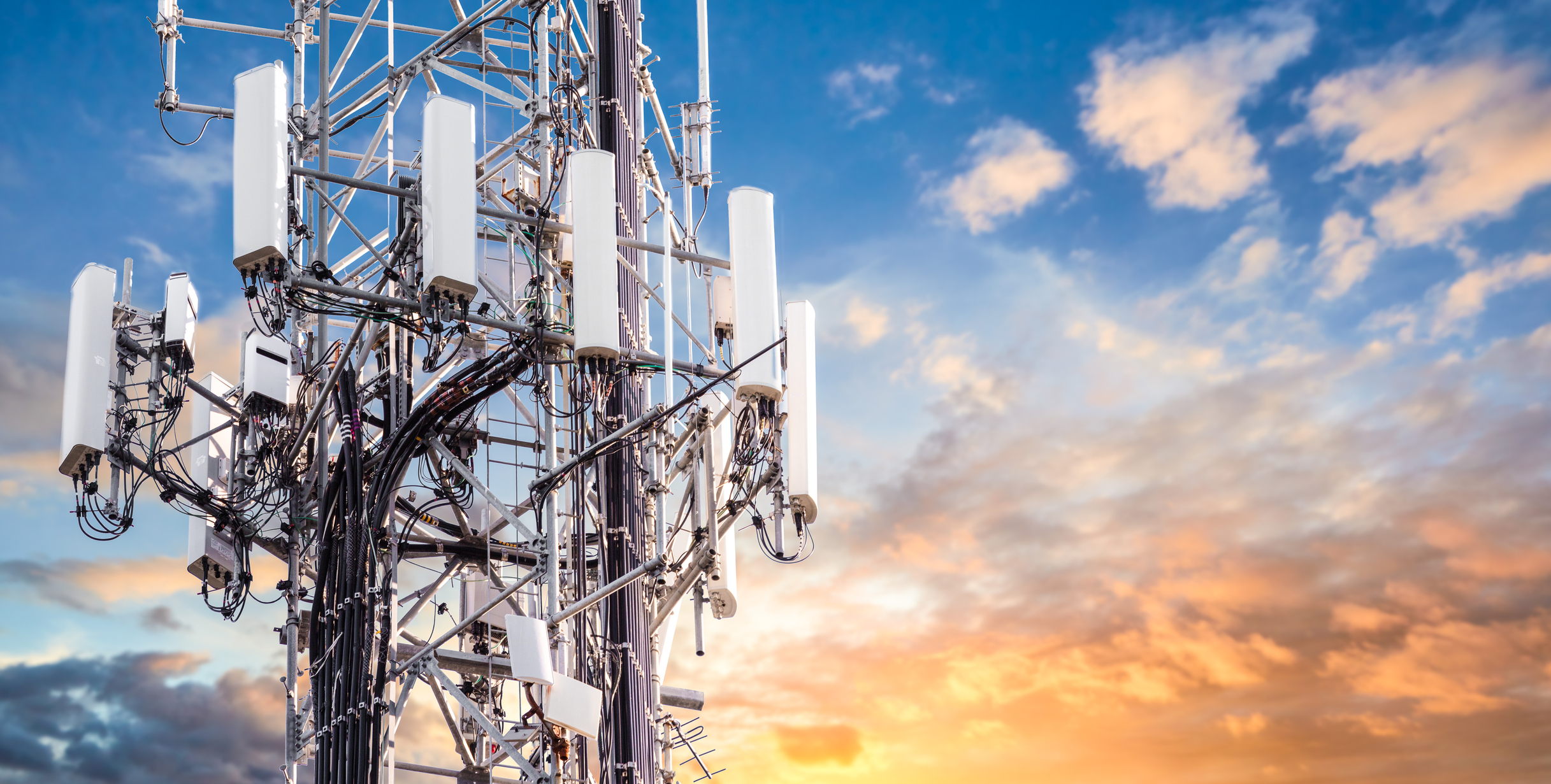There are few things more certain to sap one’s faith in humanity than the sight of otherwise sane and intelligent people believing, and telling other people to believe, that you can catch a virus from high-speed internet.
I write this as the UK has seen its first “anti-5G” demonstration outside parliament, with a few concerned citizens (more agitated than agitators) warning that COVID-19 is caused by radio waves from 5G internet phone masts as part of a sinister plot to install a dictatorship. Others, like professional tin-foil-hat-wearer David Icke, who was recently booted off Facebook and YouTube, say the virus doesn’t really exist. Regardless, they believe the most important thing is not to follow the advice of health experts, lest you play into the hands of our would-be “oppressors”.
This sort of thing doesn’t deserve the term “conspiracy theory”. It’s not a theory at all, in the sense of a hypothesis you can test against evidence. Nor does it allege a conspiracy with named conspirators – since, Mr Icke’s shape-shifting lizards aside, it can’t even identify a guilty party. The 5G-Coronavirus idea would be better described as a paranoid superstition, and a dangerous falsehood.
Many smart people were taken in by Andrew Wakefield’s fraudulent claims linking the MMR vaccine to autism. But at least in that case there were assertions that could be disproved with evidence. Religious groups in Nigeria and Pakistan opposing the life-saving vaccine against Polio can possibly claim the excuse of ignorance, and they are at least open about their anti-science agenda. The notion that COVID-19 is the product of radio waves from phone masts is more akin to blaming a family illness on witchcraft — except it’s a notion being spread by educated people in the UK, the world’s fifth largest economy, where information (and healthcare) is available for free.
That this medieval hocus pocus comes adorned with modern concerns about the Big Brother state only confirms its status as the opium of the pseudo-rebel, the Wolfie Smiths against “weaponised 5G bats”. In fact, superstition has always been a natural ally of totalitarianism, and it’s therefore no surprise that the anti-5G line has been taken up by the far-right. The Institute for Strategic Dialogue finds that white racist channels on Telegram grew by 6,000 users in March, with one COVID-focused channel growing 800% in the same time period. (For more see this excellent article by Alexander Meleagrou-Hitchens and Blyth Crawford.)
Coupled with this pseudo-rebellion is the pseudo-scepticism of those who are merely “asking questions”, like ITV presenter Eamonn Holmes, who used his national television programme to complain about the “mainstream media immediately slapping that down as not true when they don’t know it’s not true” — “that” being the 5G falsehood. His popping up the next day to say “For the avoidance of any doubt, I want to make it completely clear there’s no scientific evidence to substantiate any of those 5G theories” will only reinforce the view among suspicious minds that shadowy forces were trying to hide the truth. (See! “They” got to him!)
Similarly, the fact-checkers doing their bit to explain, with amazing patience and helpful pictures, why microbes don’t live in radio waves, are unlikely to reach the sort of people who get their scientific information from WhatsApp, or who think every YouTube video with spooky music and the word “truth” in the title is a reliable documentary.
One might prefer to reserve one’s ire for the public figures and social media artists who fan the flames of counter-enlightenment, (which have so far consumed at least 20 phone masts in the UK, damaging the communications infrastructure used by the emergency services). Yet people do have minds of their own, and we are not powerless as individuals. Nor are we blameless. While the 5G panic is so far a minority pursuit, the appeal of consoling falsehoods in modern Britain is widespread at the moment, with the populist politics of Brexit and Corbynism stirring the pot. Of course, it would be amazing if we got through a pandemic without some outbreak of paranoid nonsense. But who would say the political culture of recent years has not downgraded evidence and reason in favour of faith and heroic fantasy? It was only in 2016 that the term “post-truth” was everywhere. And while polling suggests the vast majority of people are listening to what the experts have to say about COVID-19, this could be more out of fear than an embrace of rationalism.
As a modest reform then, (and in an effort to combat the spread of conspiracy theories), perhaps we should all treat with extra scepticism any claims that appear to support our “own side”, flatter our prejudices, or fit neatly with what we already thought. This paradox — that we should mistrust claims we think are correct — might start to address the pre-existing conditions that are giving a warm home to 5G paranoia, and allow us to build up resistance against the spread of similar delusions. In the meantime, remind your friends and relatives on WhatsApp that the sleep of reason brings down phone masts.
